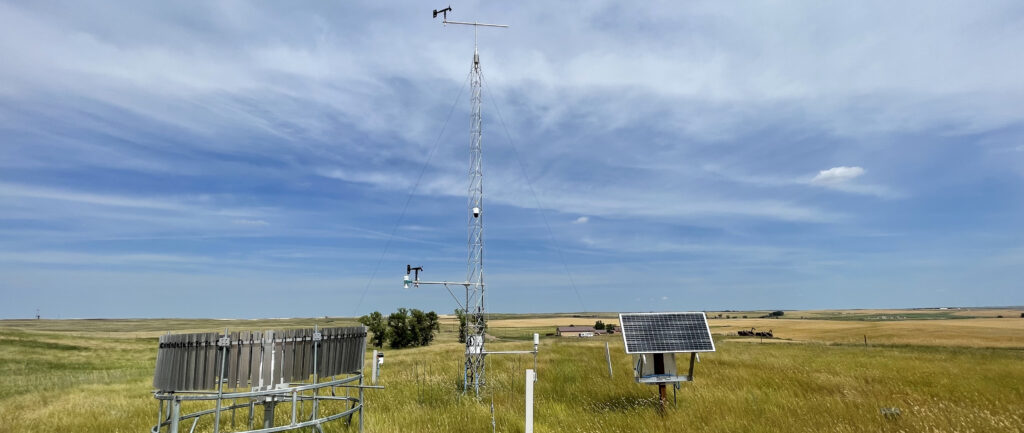Senate DFL Caucus Leaders released their 2016 supplemental budget targets on April 13. Their proposed supplemental spending totals $789.2 million dollars, leaving $111 million dollars in reserve of the $900 million dollar projected surplus. Senate Majority Leader Tom Bakk said the remaining dollars may be used for debt service, one-time spending and projects ineligible for financing through the sale of bonds.
The highest priorities for the DFL caucus are $300 million dollars in tax relief; $91 million dollars for racial and economic disparity; $85 million dollars for rural broadband expansion; and $60 million dollars for natural resources, economic development and agriculture.
In addition to dollars already budgeted for E-12 and higher education, the DFL caucus proposed an additional $48.2 million dollars in E-12 spending for a pre-kindergarten expansion, additional counseling and support staff, and other initiatives to help ease the teacher shortage. An additional $47.7 million dollars is allotted for higher education.
Bonding and transportation packages are not listed in the targets.
The Senate targets differ from the House targets where there was no new net spending and almost all funds were allocated for tax relief.
The Senate’s release of budget targets follows on last week’s budget targets set by the House. In the next week, both bodies will process their Finance bills in the Ways and Means committee in the House and the Finance committee in the Senate.
Legislative work is not complete until the two bodies compromise on a common budget target accepted by both bodies.
Minnesota Senate proposes more spending for BWSR
The Minnesota Senate Environment and Energy Division spending proposal was presented to the Senate Finance Committee last week. It contained initiatives for additional funding to pay for plans and studies by the Board of Water and Soil Resources (BWSR). $250,000 is proposed to pay for the start of a comprehensive watershed management plan for the Minnesota River with an emphasis by BWSR to perform the planning for top-down goals and strategies for sediment, flow and nutrient reduction. This funding fits into the implementation of SF 2563, authored by Senator Kathy Sheran (DFL) District 19.
In the Minnesota Senate spending proposal, BWSR is also provided $479,000 to come up with a feasibility study for taking 100,000 acres of cropland out of production and putting it into perennial crops for the purpose of advanced biofuel production. The feasibility study would seek to evaluate the best targeted areas in two watersheds with consideration of landowner willingness to participate in giving up their cropland for up to 90 percent of the rate being paid for enrollment in federal retirement programs. The plan and feasibility study would be due back to the Minnesota legislature by Feb. 1, 2018. The policy construction for the proposal to turn cropland into perennial crops was authored by Senator Matt Schmit (DFL) District 21 in SF 2711. The House companion, HF 2881, was authored by Representative Clark Johnson (DFL) District 19A.
Senate passes its version of agriculture provisions
On April 18, the Senate Ag Finance committee passed its version of “Ag” finance provisions. With the urbanization of the committee, the bill carried less production “ag” and more urban “ag” provisions than in years past. The following are its spending provisions:
- $300,000 for noxious weed grant programs
- $1,000,000 for a tractor rollover protection pilot project
- $300,000 for pollinator investment grant programs
- $200,000 for a Duluth Deep Winter Greenhouse Grant
- $500,000 for an Industrial Hemp Pilot Program
- $150,000 for Organic Agriculture Grants
- $1,000,000 for the Forever Green project at the University of Minnesota
Funds for the spending provisions were shifted from unspent funds appropriated last year for Avian Influenza.
Note: Legislature has Passover break starting Friday, April 22 until Monday.





